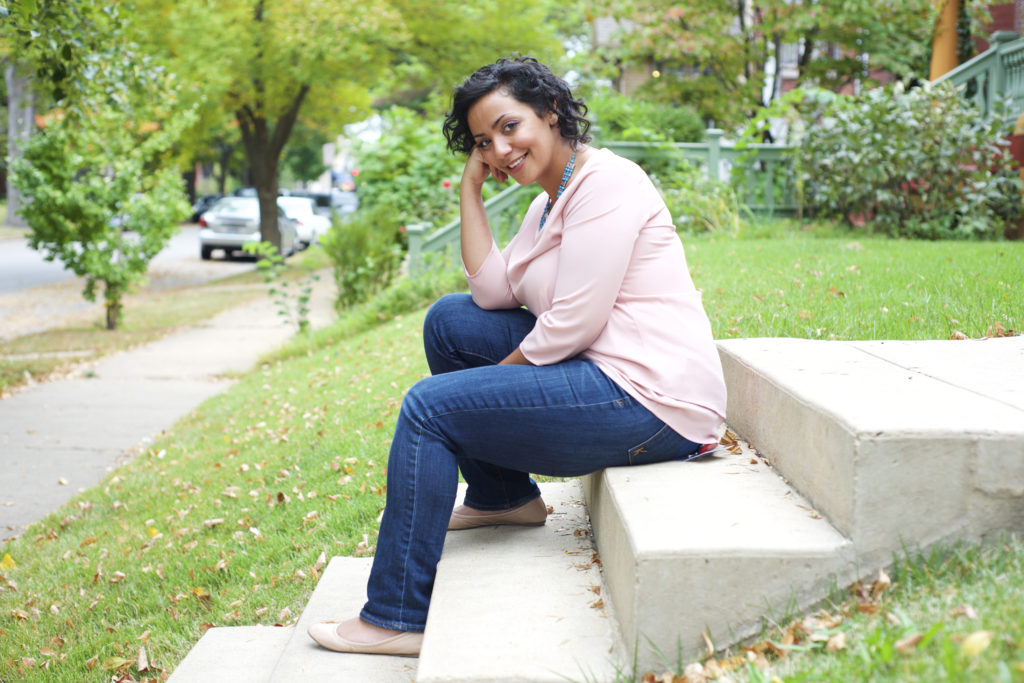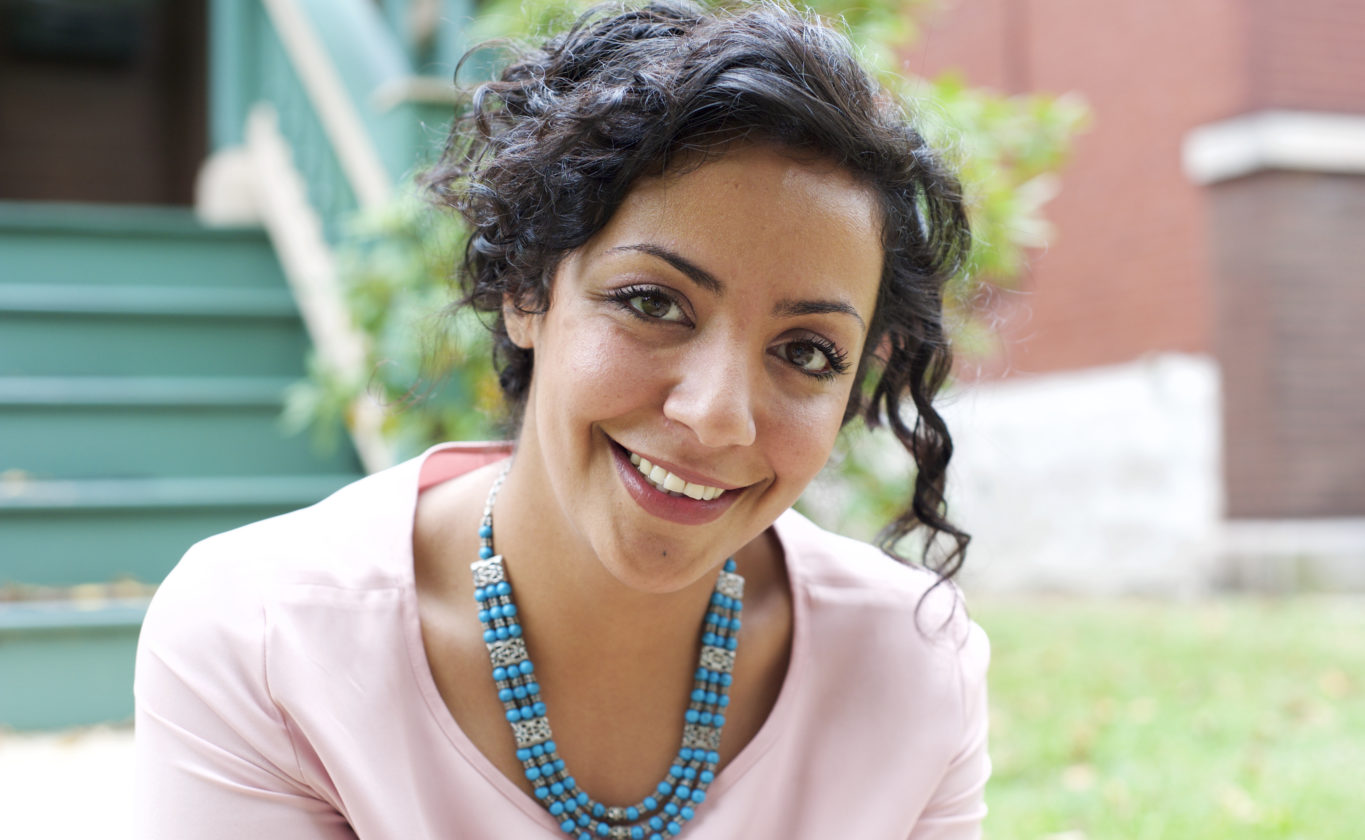The assumption is always that I’m Mexican or Indian. I get a lot of “Holas.” I can’t be mad. A lot of Mexicans think I’m Mexican. The first interaction is usually, “Are you from Mexico?” “No, I’m from Yemen.” “Where’s that?” “It’s in the Middle East.” People are curious. A lot of times, the next question is, “Are you Christian or Jewish?” Which, I’m neither. I was raised Muslim. But I’m a humanist more than anything, really. They want to ask me questions, but they’re always nervous or worried about offending me. I see myself as an ambassador for Arabs, and I’m not just talking about Muslims. Regardless of religious practices, there are many Arabs like me who are open. We want to change your view and we want to have the conversation with you rather than you just watching one perspective on the news. So, when people ask me, “Where are you from?” I’m not offended. I’m happy to share. Maybe certain questions can be offensive, but if we don’t ask the offensive questions, how do you change the stereotypes you have? I mean, it’s uncomfortable for me to ask a stereotypical question. It’s uncomfortable for you to answer it. But if you don’t answer it, then where do we go from here?

Buthaina Noman, photos by Lindy Drew
There’s a lot of anger, and I’m not saying it’s not justified, but being angry can hold us back from having a subjective conversation. The stereotypical questions that White people might want to ask Black people or Black people might want to ask White people, we’re afraid of asking because now we’re going to cry about you being racist. “But I’m asking you this. It takes a lot of guts for me to ask you a question that I’m so uncomfortable with.” Some people are just mean and want to have this mean-hearted conversation. But for the most part, I have faith in humans that people will not ask that question if there’s not a part of them that wants a different answer to what they already know or think they know. If I don’t ask you the question, then I’m walking out with the same thought.

